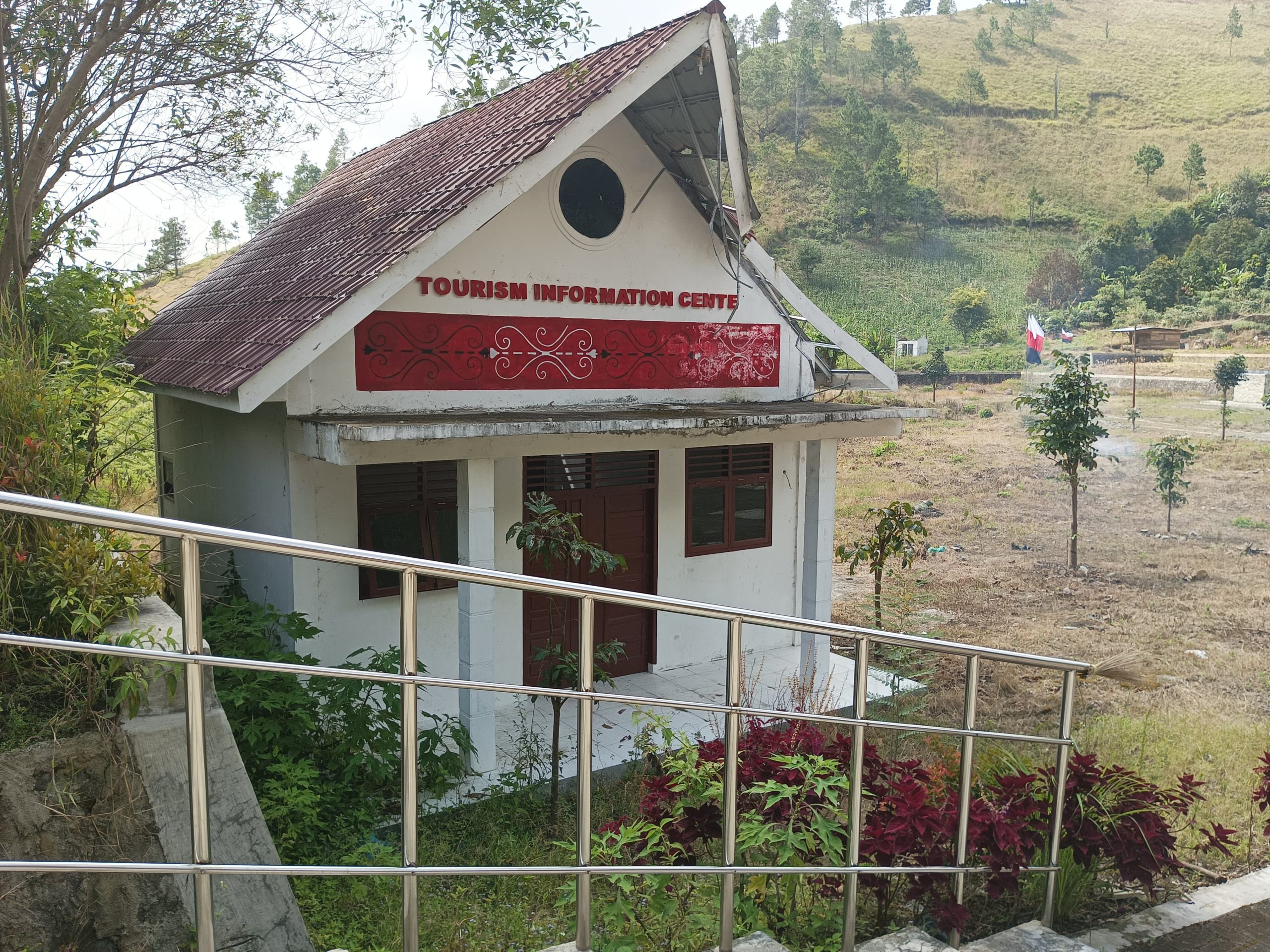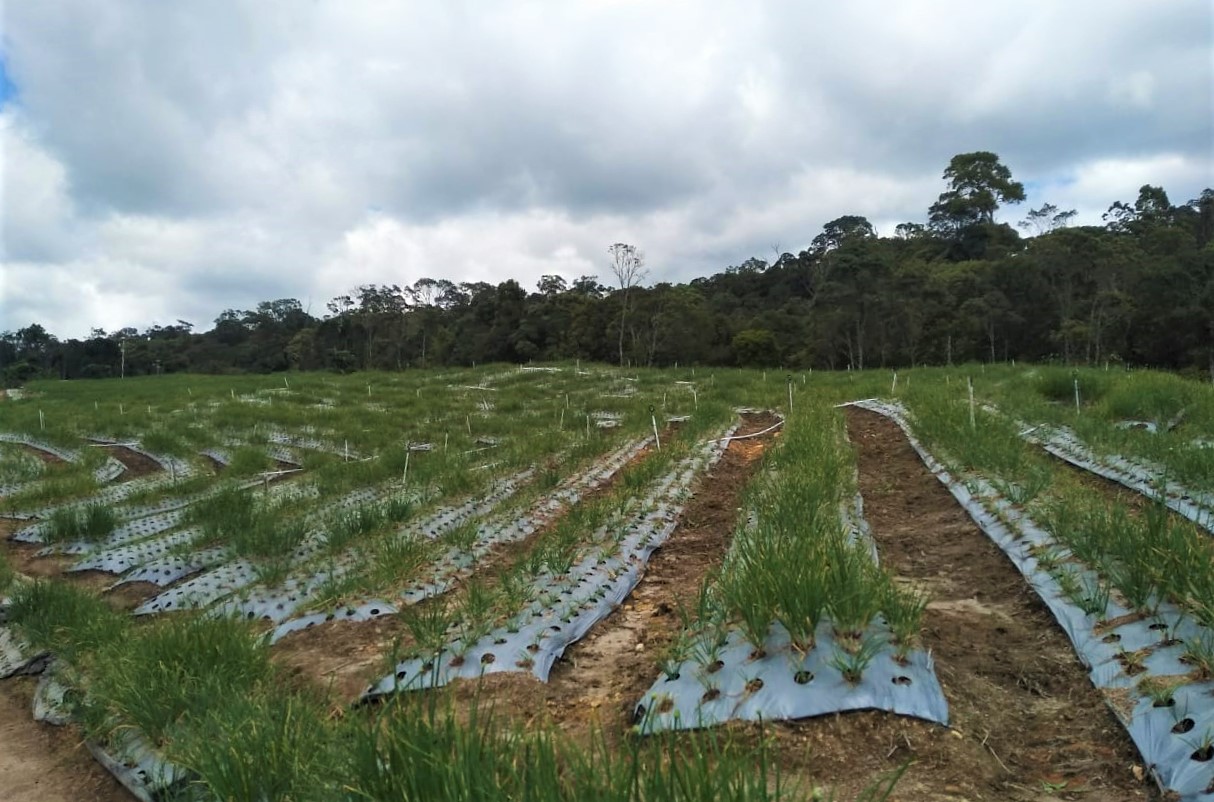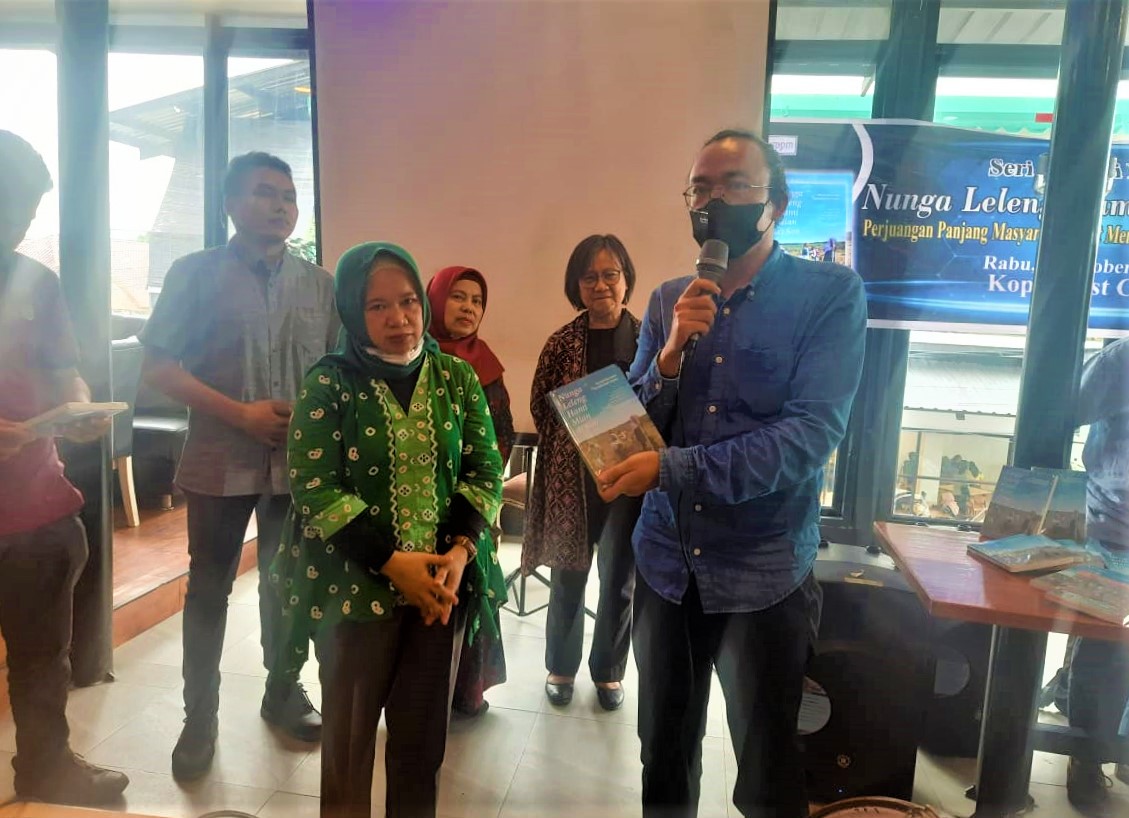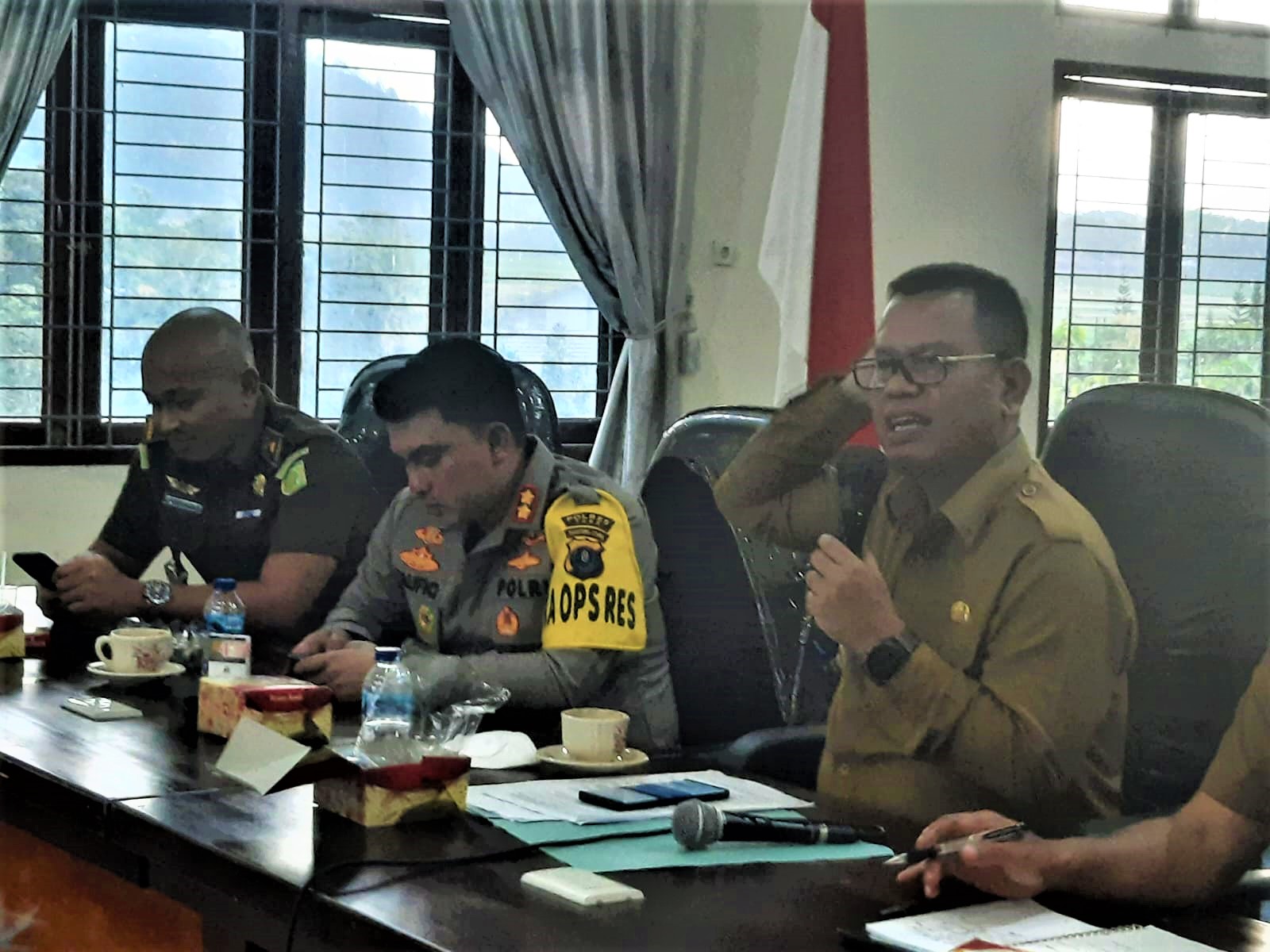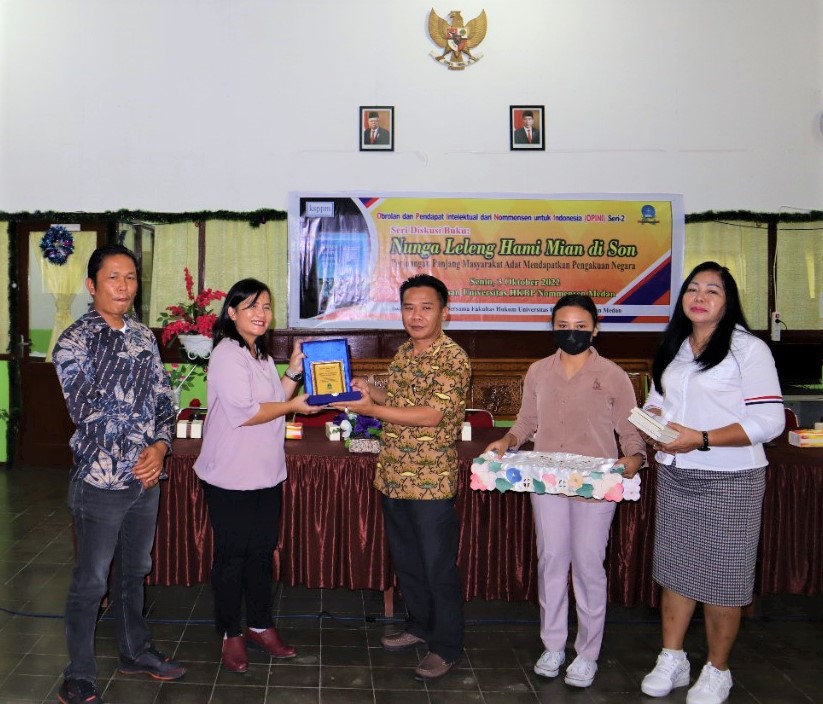According to the Big Indonesian Dictionary, a labourer means a person who works in “menial” areas such as construction or factory work. In essence, labourers are those who do not have the capital to earn a living, so they are entirely selling their labour for a wage. This state of being without any capital leads to the low bargaining value of workers or labourers, thus potentially giving birth to cheap wage practices.
As we know, in its Annual Report for 2020, PT Toba Pulp Lestari announced the number of workers as ± 1,195 people. Half of them are contract workers or casual daily labourers (BHL) who work directly to produce raw materials for pulp production, namely working in concession areas planted with eucalyptus. Their main job is to plant, manage, harvest and deliver the harvested eucalyptus for processing at the mill. This means that without the presence of workers or labourers like them in the concession, the company does not produce at all.
However, their lives are very sad, very far from a decent life. These casual labourers earn a salary of IDR 85,000 per day if they work a full day, from 8am to 5pm. If they work a full day for 1 month, they earn Rp. 2,210,000 (85,000 X 26 working days). However, it is impossible for them to earn that much. It is impossible for them to work for a full month as the weather is not always favourable. That’s why at certain times they only get half of the agreed daily wage, plus the health insurance for casual labourers is completely unclear. In addition, the safety equipment they use is also far below the proper standard.
In this situation, the casual labourers had to rack their brains to survive. As if it were a law of nature, in a situation of urgency, humans will seek and find a way out. The casual labourers in a company concession and living in a housing “barracks” in one of the hamlets can be an example. Some of them try to cope with the difficulties of life by farming.
For these casual labourers, farming is not something new and strange. In fact, every day they deal with farming tools and eucalyptus that must be planted, tended to and harvested. On Sundays and public holidays, they try to manage land owned by local communities who happen to be fighting for their customary land rights. These casual labourers get a “footprint” of land to manage through the adat mechanism, free of charge. The adat mechanism allows them to manage, but can also decide to take back the land if necessary. This is certainly an opportunity to improve the lives of these casual labourers.
In my casual conversations, they tell me that they became labourers because their families no longer own land. This is the crux of their problem and should be the starting point for finding a solution to their sub-par living conditions. The parents of these labourers were displaced and lost their main source of livelihood as farmers in their place of origin and were forced to go to the city to look for work and rely on their muscles to be sold as labour, then ended up becoming casual workers.

One of them is called Jangkung (a pseudonym). Since being allowed to manage land in this hamlet, he and nine of his friends have found it very helpful. They grow corn and ginger. The capital for farming is taken from their savings. They consider the harvest from these crops as family savings. On Sundays, they also sell their labour by working in the fields of local indigenous people. The harmonious working relationship and emotional connection between these landless casual labourers and the peasants who own considerable land is an interesting example and should be promoted to other places. The customary mechanism allows them to acquire land, and it is an effective way to counter the company’s dirty politics of dividing the peasants and labourers. If asked if they are afraid of the company closing down, they confidently answer: no. But the workers hope that if the company does close, they will get their land rights.
Therefore, consolidation and farmer-labour unity is a must. The same applies to efforts to build a people-based economic model because workers and peasants are currently facing the same problem, namely the capitalist system that continues to spread. Currently, the peasants face imperialism under the capitalist system not only in relation to land, but also in other means of livelihood that are increasingly monopolised by large capital owners. Therefore, concretely translating the unity of the labour and peasant movements is an important task for all of us.**
[Syahputra]




